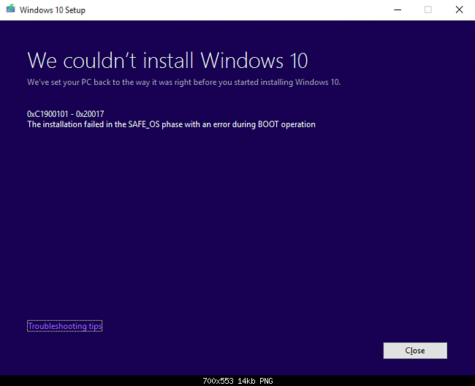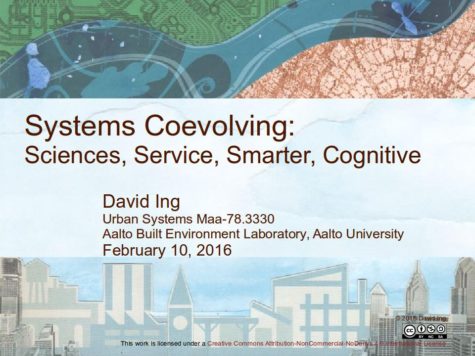At the PUARL Conference 2016, a proposal was made on adapting pattern language for service systems thinking. In 1967, Christopher Alexander published Pattern Manual at the founding of the Center for Environmental Structure, describing a pattern format for physical built environments. While we can learn a lot from the nearly 50 years work originating at the CES, service systems have features beyond physicality that suggest reconsidering some of the foundations of pattern language.
An article for discussion was accepted into the proceedings for the PUARL conference. The 20-minute presentation quickly covered the following topics:
- 1. Pattern Manual 1967 + Service Systems
- 2. Alexandrian example → services
- 3. Methods clarified since 1973
- 4. A new format: amplifying, rephilosophizing, reinterpreting prior doxa
- 5. Generating and legitimizing in communities
Slides have been added over the audio recording to produce a video presentation.
| Audio | [20161029_PUARL_Ing_PatternManualS2T.mp3] (20MB, 20m19s) [20161029_PUARL_Ing_PatternManualS2T_3db.mp3] (volume boosted 3db, 20MB, 20m19s) [20161029_PUARL_Ing_PatternManualS2T_6db.mp3] (volume boosted 6db, 20MB, 20m19s) |
||
| Video | HD (20m19s) | ||
| H.264 MP4 | [1280×720 384Kbps m4v] (70MB) |
[1280×720 5000Kbps m4v] (76MB) [on archive.org] |
|
| WebM | [1280×720 110Kbps webm] (34MB) |
[1280×720 826Kbps webm] (153MB) |
|
For people who prefer visuals at their own pace, the slides are posted on the Coevolving Commons. The video is available on Youtube.





